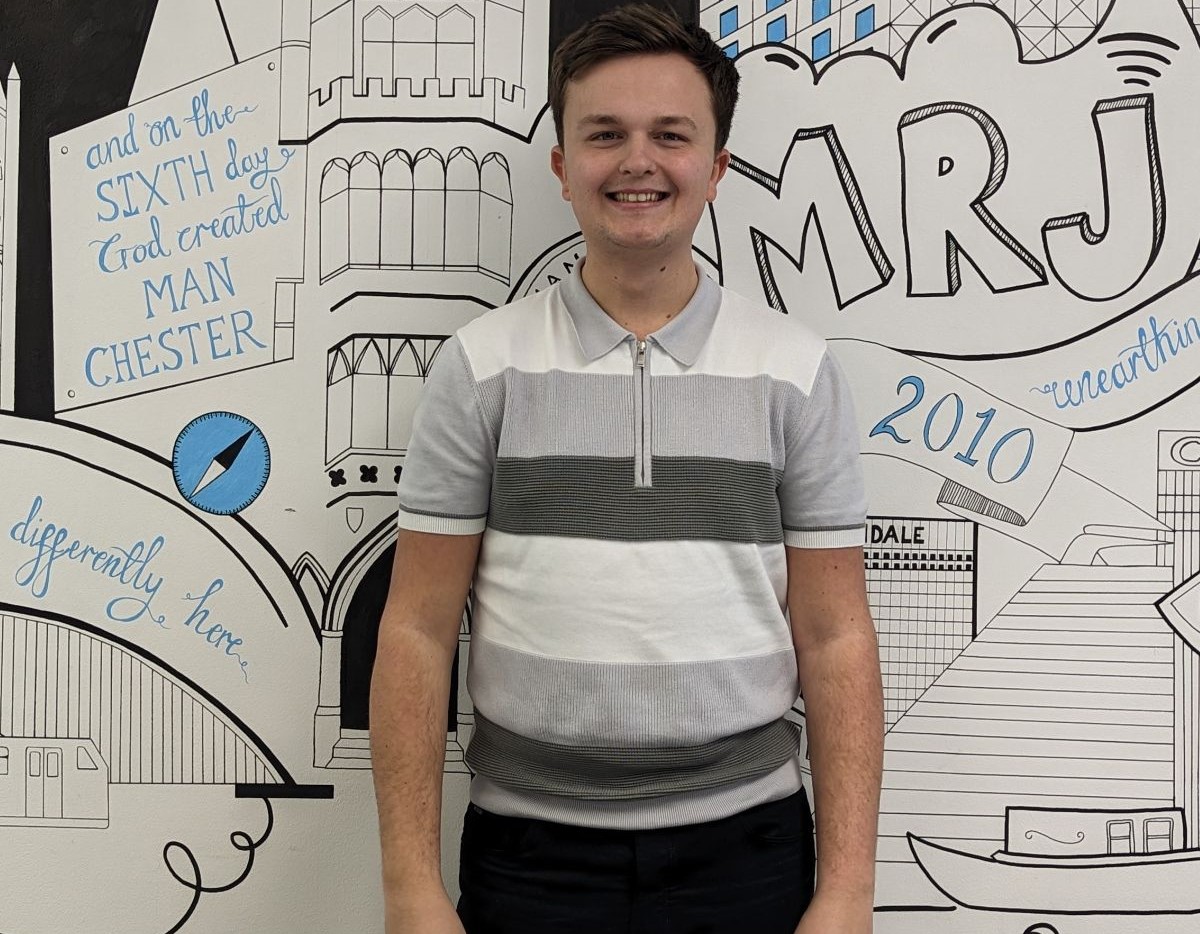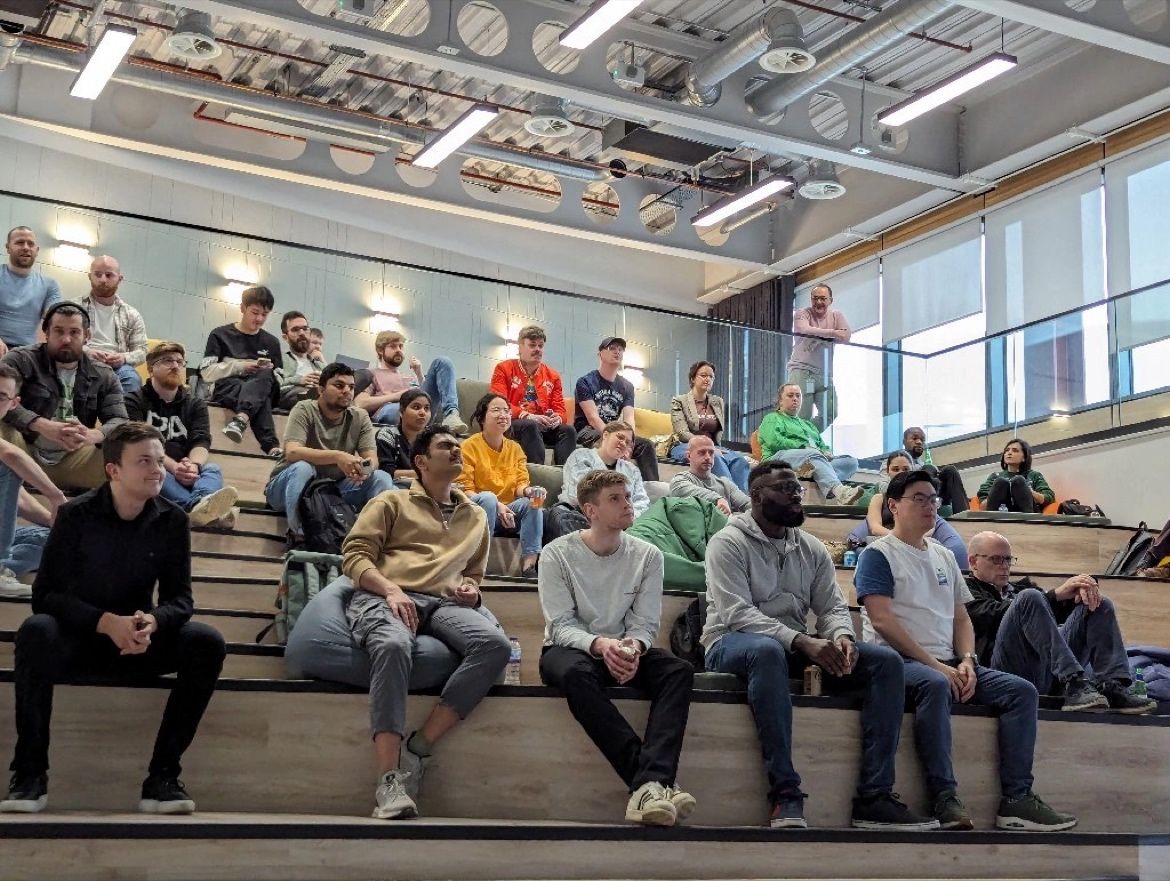Interview Testing Conversations #5 – Steven Cross - QA Delivery Lead
17 Apr, 20234 minutesINTROWith Steven having worked previously at BBC, JLR and now solely responsible for buildin...

INTRO
With Steven having worked previously at BBC, JLR and now solely responsible for building a brand-new QA function at Channel 4, we sat down with him for a few moments and picked his brain on the ever-evolving testing/QA Market.
During our interview, Steven discussed various topics and shared his insights, which included the significance of training courses, the growing importance of automation in testing, and advice for individuals who are just starting their careers in the market. We're grateful to have had the opportunity to speak with Steven and share his valuable insights with our audience.
How did you get into testing?
My initial foray into software testing can be traced back to when I worked for a bank (over 15yrs ago). I seem to recall a manager had the idea of getting people together who shared the same birthday month and the obvious incentive to go along was (yep, you guessed it) cake! It was in one such session, where some general updates and sharing of company news took place.
They announced the opening of a Retail I.T. Academy down in Wolverhampton. This was going to be used to train and development internal staff members who wished to pursue roles within their technology dept. I had the option of either becoming a developer or a tester.
After polishing off my cake, I pursued the opportunity, opted to train as a tester, before then securing my first ever permanent role as a Test Analyst at one of their huge data centres.
Advice for Testers new to the industry?
There is no harm in completing training courses served up by ISTQB and the like I suppose. In fact, the foundational course, for me at least, continues to serve me well to this day. Though it's nice to be "certified" (not to be confused with certifiable), they aren't everything. If you are lucky enough to find yourself in a team with like-minded peers, you can learn an awful lot day in, day out.
This is something which will always be ongoing. Not every project will be delivered smoothly, but you learn from them. Embrace change, be open-minded, be the quality evangelist, constantly learn & improve, be pragmatic, hone your influencing skills, don't be a lone ranger, collaborate, join a community, etc.
There are so many facets to testing, it's often underrated. We wear many hats and have to be quick studies. If you have an eye for detail, possess the ability to pick things up quickly, can absorb detailed information, explain this to others, have sound judgement and are a confident communicator - you'll be fine.
Oh, and coffee always helps.
What tech are you using at the moment?
It might be easier to tell you what we're not using. I currently work for Channel 4 with the teams which bring you All 4 (the UK’s biggest free streaming service ~ I had to get that in).
By virtue of the service being supported across so many platforms (spanning TV / Mobile / Online) then the technologies are varied. I guess from a quality perspective, the challenge remains the same and that is to do our upmost to ensure the audience have a fantastic experience…and come back for more!
Any predictions on future tech or where you can see it going?
It’s a good question but unfortunately, I may not have a good answer. I know a lot of people who get confused with their left and right. I would hope not many testers do however, we like left and want to continue shifting that way. I would guess test automation or automation-in-testing will continue to be an enabler for teams aspiring to deliver quality at speed.
There are pitfalls to be sure, along with a plentiful supply of debate and discussion as to how to go about getting this right. This will undoubtedly rage long into the future. I’d like to see silo mentality consigned to the history books, so maybe one day we’ll consider the whole team approach to quality being the norm? Those that are working this way right now, know who they are (and I’ve had the pleasure of seeing this first-hand) and hope others follow suit.




